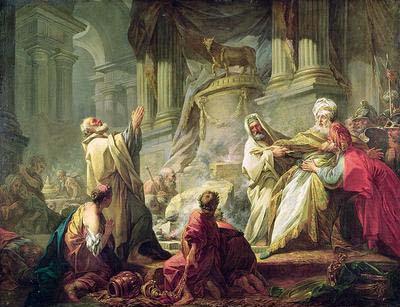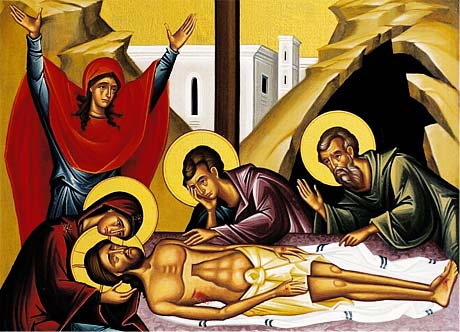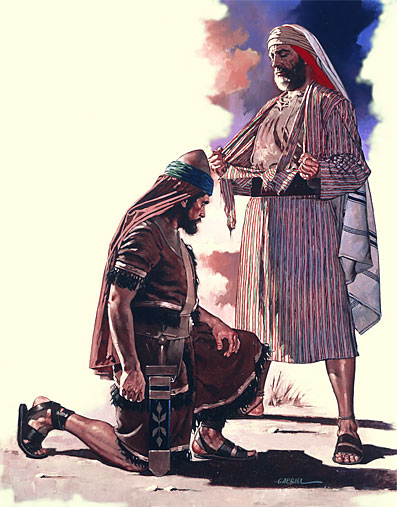Bone and Flesh
“Touching a bone made an Israelite unclean. Burning bones upon Jeroboam’s altars defiled them. This was not because bones were unholy but because they were already holy.”
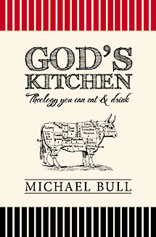 Here’s a new chapter from God’s Kitchen (members only).
Here’s a new chapter from God’s Kitchen (members only).
“This is now bone of my bones
And flesh of my flesh;
She shall be called Woman,
Because she was taken out of Man.”
Genesis 2:23
The Significance of Tubal-Cain
and the Usefulness of the Blood of Abel
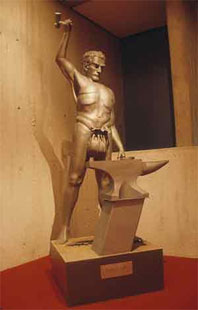 “…you have come… to the blood of sprinkling that speaks [more useful, more serviceable, more advantageous] things than [that of] Abel.” Hebrews 12:22-24
“…you have come… to the blood of sprinkling that speaks [more useful, more serviceable, more advantageous] things than [that of] Abel.” Hebrews 12:22-24
In Biblical Horizons newsletter 203, James Jordan argues that since Cain’s “exodus” to build a city occurred around 130 years after the Fall, he was publicly humiliated before thousands. He would have been accompanied by at least 1000 people, so he didn’t build the city on his own.
This means that Adam, like Solomon, was father to a divided kingdom. 1 Kings presents Solomon as a new Adam, even down to his naming of animals in his biological studies. Cain was like Jeroboam, shown mercy, given a chance, but who then caused Israel to sin.
What does Genesis give us after this? Continue reading
Jeroboam’s Kingdom of Envy
or Worship-styles of the Bitter and Twisted
Under Rehoboam, Solomon’s kingdom became even more like Egypt. Solomon had imposed greater taxes upon his people than were appropriate, and his son Rehoboam took this to the extreme. So the Lord brought about a new Exodus, with Jeroboam as a kind of Moses. David felt guilty for cutting the corner off Saul’s robe — ie. grasping at Saul’s symbol of office — but to Jeroboam the prophet gave ten of the twelve pieces of his robe, the ten northern tribes.
